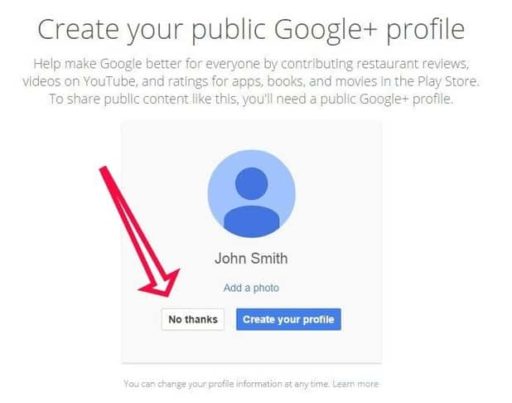The issue of piracy has been making content producers lose their sleep (and dollars), turning their lives into a hellish nightmare, even when they get enough to keep them going (well enough). The web populace is currently divided as to whether or not piracy is ethical and that how far should it be permitted.
Breaking down the problem: Pirates vs Content producers
While a staggering majority of the users online indeed rule in favor of it, the fellows that matter, parliamentarians, legislators and the like are currently set against it.
SOPA and PIPA were simply the first serious attempts to counter online piracy, attempts which were thwarted successfully through a unified front of tech giants, a rare spectacle indeed. However, let’s not fool ourselves with the hope that this is always going to happen. In fact, law enforcement agencies have already started cracking on file-sharing sites, MegaUpload being one of the prime recent targets, and they are doing it even when none of the notorious aforementioned bills have been passed.
So the issue persists and is going to nag on until a definite resolution is sought. And found.
The problem is thus, from where I see it: Content producers seem justified in claiming that their content, which they want to sell, must not get out to a huge online user base for free. On the other hand, the very freedom of speech of online is on the line when these content producers speak of somehow ‘controlling’ the web. So we are in a fix and a solution has to be found to placate both these content producers and those who consider file sharing their legal right.
A new monetization model for content producers:
I believe there is some grey ground on which both parties can work and co-exist. How so? Well, with the world fast going mobile, the content producers too have to eventually adopt to move away from regular TV-branded content and dish out mobile-customized version of this content. And I think that the content producers can really benefit from this happening transition, right now when the time is ripe.
I will cite an example to demonstrate my point. Suppose a certain movie, say ‘Legions’ is about to be released. Let’s say Warner Bros are the fellows releasing the movie and really don’t want it in the list of torrents any time soon since it will cost them quite a buck. If you are a user who often indulges in downloading torrents and now, you are told that you will be able to view a full HD version of the movie, streamed online on the official website of WB right on the day of release, how are you going to feel? For my part, I will be ecstatic! Laying your hands on the HD print of the movie, for free, right on the release data is a dream-come-true.
BUT, WB may ask, how the hell they can cash on this. Well, let’s admit this, a cinema-goer will be cinema-goer. Even if he gets to have an online-streamed HD version, he is still going to stick with the big screen. The chief focus is the populace which takes to torrents rather than later purchasing the movie. And the online streaming primarily targets them.
WB can stuff the online-stream page with sponsored ads (naturally this should be done in an artsy manner) and can also pitch in video ads at the start, middle and end of the online stream. Here’s why this can work: imagine WB attracts 100 big-screen viewers and 0 pirates currently. In the model proposed above, it will still get 100, or at worst, 70 – 80 big-screen viewers, a sustained base. And at the same time, it will be able to attract a majority of the pirates online to its online stream, thus making a huge buck from its online sponsored ads.
An inevitable choice:
To control piracy, let’s admit it, content producers will inevitably require controlling internet, one way or the other. And even then, the best of minds are bent the other way and they will find ways to counter online curbs. So eventually, content producers have no other way to counter online piracy than to offer an alternate version of its own, kind of officially-authorized soft piracy if you may. And that can solve the relentless fights between the two.
Those are just my two cents. And I think this model can really work, again re-asserting the emerging and undeniable significance of the mobile platform. What are your views about it?
Source: SL’s Blog




the pirates online to its online stream, thus making a huge buck from its online sponsored ads.
I like your idea here. It sounds like how they do it in TV for ages now. If you staff the new and cutting-edge streamlined HD movie with advertisements before, in the middle, and after, I doubt no one will view it. It’s HD.The movie’s new. Heck, all they need to do is to super-protect the streamed movie so it won’t get copied at that very moment.
Those are just my two cents. And I think this model can really work, again re-asserting the emerging and undeniable significance of the mobile platform. What are your views about it?